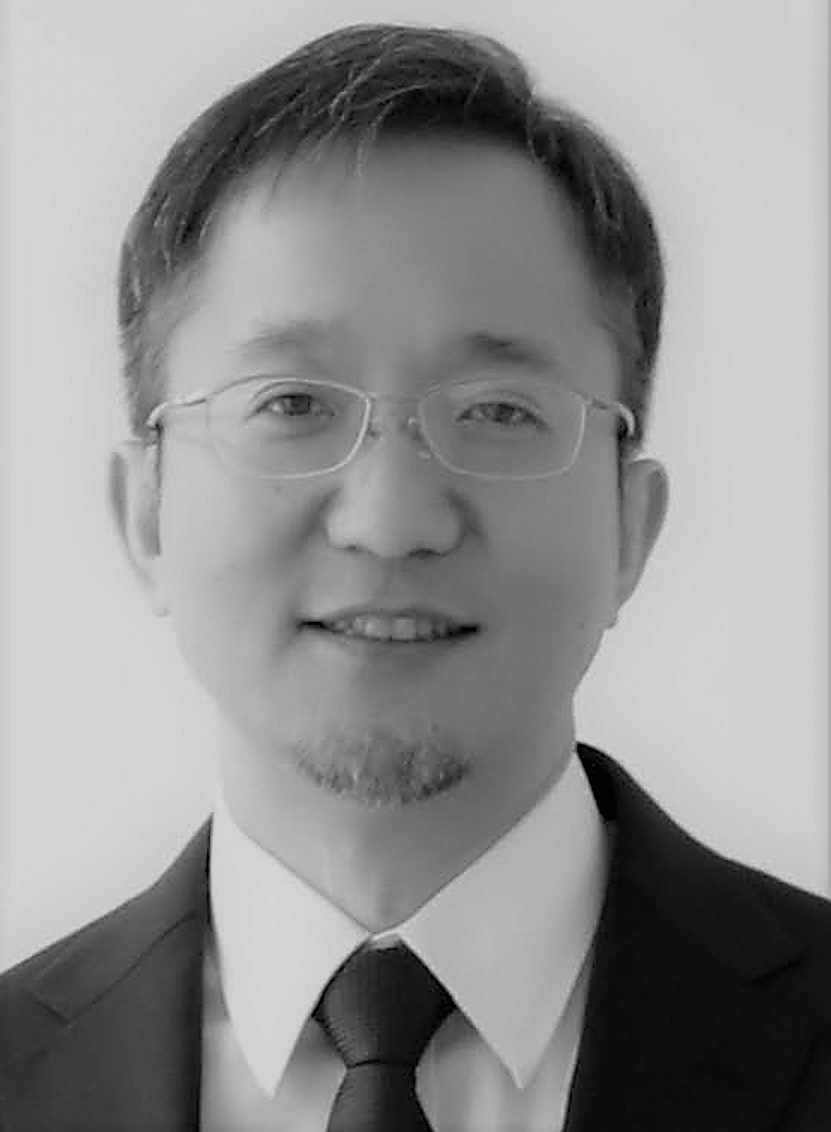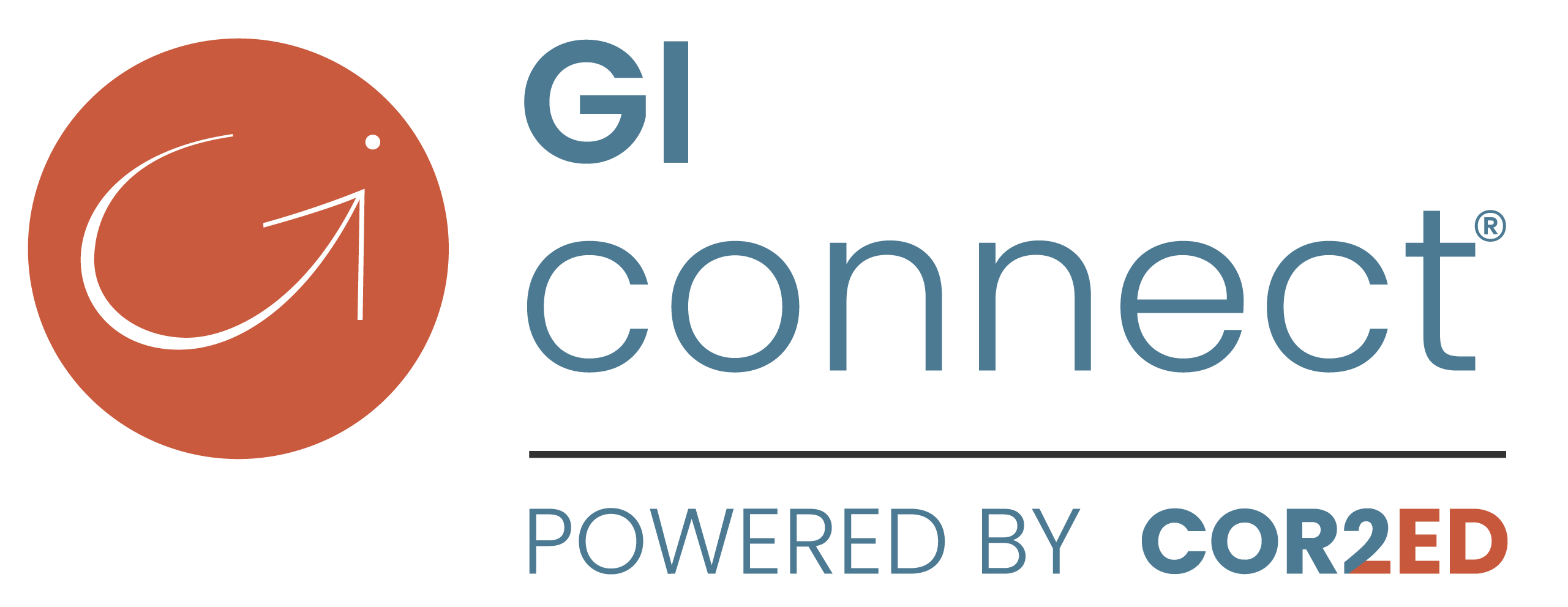Watch the video to learn about:
- The current treatment options for 2nd line and 3rd line gastric and gastroesophageal cancers
- Treatment selection strategies
- The latest research and clinical trials in 2nd line and 3rd line treatments
The video is divided into chapters for your convenience.
Build upon your learning further and download the accompanying slide set for your reference.
Clinical Takeaways
-
Overall survival in patients with advanced gastric and GE cancers has improved with more effective systemic therapy
-
Current therapies in the second line and beyond setting may not be reflective of the changing landscape of first-line therapy in advanced disease, but trials are ongoing
-
Factors to consider when evaluating a patient for the second line and beyond therapy include prior lines of therapy and residual toxicities, performance status and competing comorbidities
-
PTX+RAM is the standard of care for second-line treatment, but there are multiple candidates for third-line treatment, which is not clearly defined
-
For HER2-positive gastric cancer, T-DXd was shown to be effective after trastsuzumab failure. Currently, the development of second-line therapy after trastsuzumab failure is the focus of attention






 Downloadable
Downloadable  5 MIN
5 MIN
 Jun 2025
Jun 2025 






